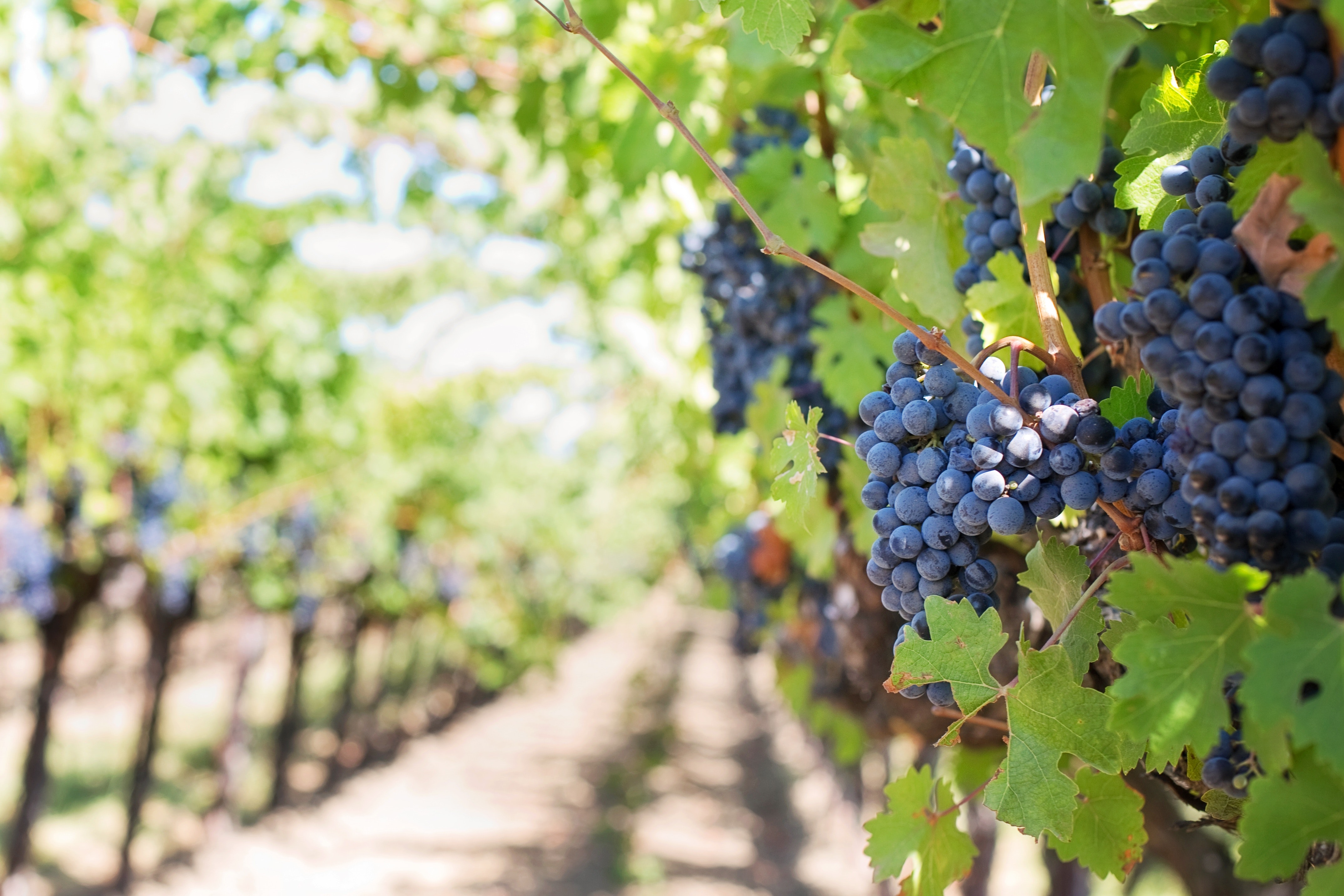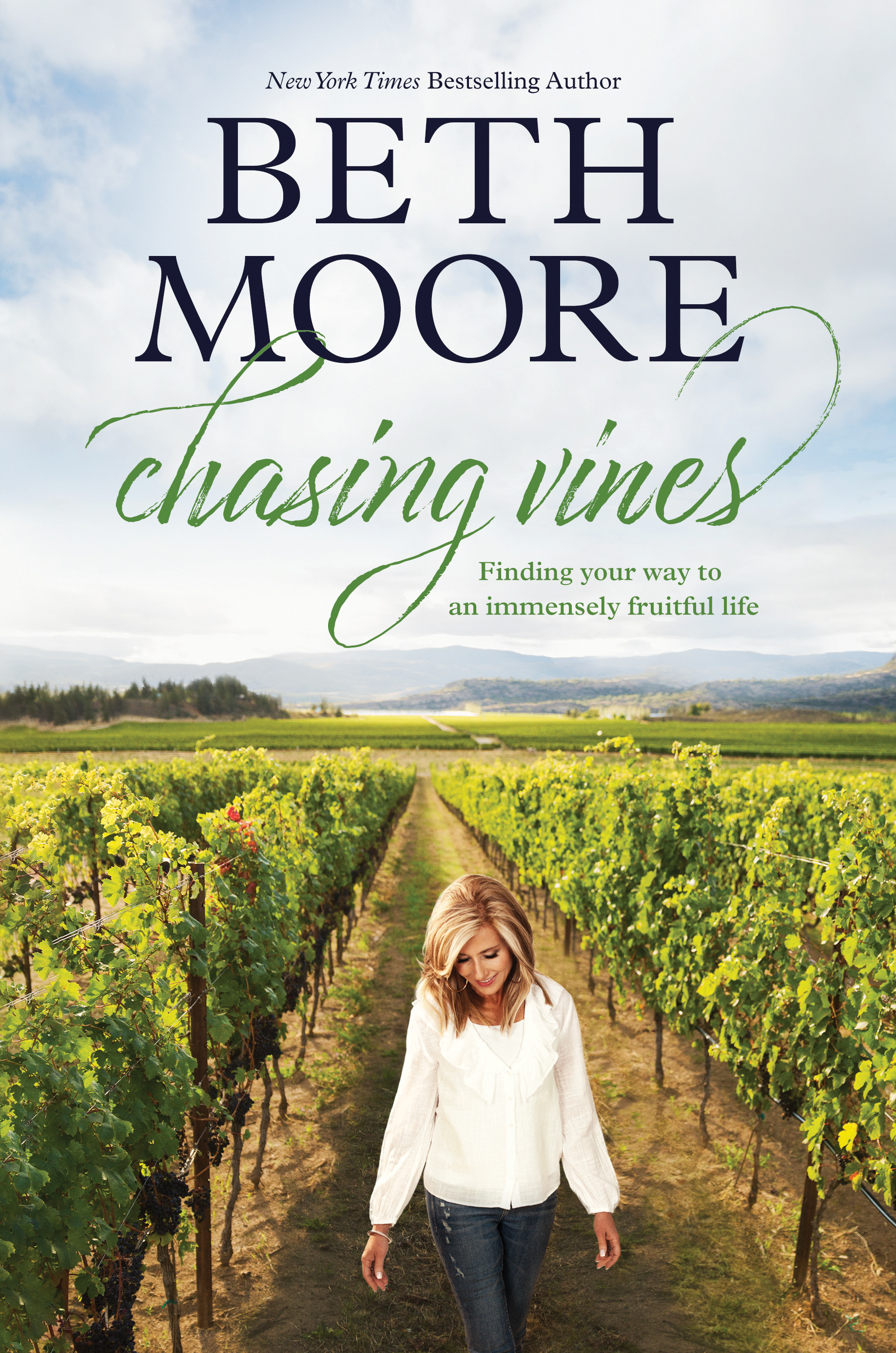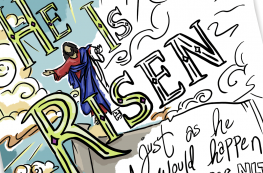Only one thing is worse than producing no fruit: producing bad fruit.
By Beth Moore, excerpted from Chasing Vines: Finding Your Way to an Immensely Fruitful Life
Only one thing is worse than producing no fruit: producing bad fruit. Let there be no mistaking that people of God, the chosen branches of the perfect Vine, can bear unripe, sour, bitter, rotten, and foul-smelling fruit. I’ve done it. I’ve also seen it, smelled it, and eaten it. We can even be moral and religiously upright and produce rotten fruit.
Jesus accused the Pharisees of doing exactly that. Some among them zealously defended the letter of the law but with such self-righteous pride and lovelessness that their fruit was sufficiently sour to lock the loosest jaw.
What’s confusing to a world full of amateur fruit inspectors is how similar a bitter grape can look to a sweet one. The world gets a bad taste in its mouth and loses its appetite for grapes entirely, casting all fruit of the vine into the same basket. After a while, the whole grape cart starts stinking to high heaven under a cloud of happy fruit flies.
The thing about good fruit is that it can’t be faked. Sometimes our goal for bearing immense fruit is to have a camera-ready table display—to be seen, noticed, marveled over. This kind of branding is so prevalent that we’re no longer sure we know the difference. But this is grotesquely incongruent with the gospel.

If we want to resist the temptation to promote more good than we actually perform, we’ll have to be deliberate. Fruit is to be eaten, or it will rot. The only fruit that lasts indefinitely without being eaten is the plastic kind.
Since the Father calls Jesus-followers to live immensely fruitful lives, it stands to reason that no question is more relevant than this: What kind of fruit are we producing? We can’t see fruit the way God can, but with His help, we are fully capable of distinguishing between good fruit and bad fruit.
Inspection becomes an act of obedience, and no one has more at stake in the analysis than a leader. Whether or not you see yourself as such, this I can assure you with a fair amount of confidence: if you are in active pursuit of knowing, loving, and adoring Jesus, and “press[ing] on toward the goal for the prize of the upward call of God in Christ Jesus” (Philippians 3:14), you are either an active leader or an emerging one. Your breed is so countercultural, it will not go unnoticed in your sphere of influence, whether by a few or by many.
Ever since I began chasing vines in Tuscany, I’ve been increasingly analyzing the quality of some of the fruit coming from my own life and leadership. Would you be willing to risk making this question part of your frequent vocabulary too?
Is what I’m doing (this action, approach, example, or instruction) bearing good fruit?
 Chasing Vines: Finding Your Way to an Immensely Fruitful Life by Beth Moore
Chasing Vines: Finding Your Way to an Immensely Fruitful Life by Beth Moore
Join bestselling author Beth Moore in her life-changing quest of vine-chasing―and learn how everything changes when you discover the true meaning of a fruitful, God-pleasing, meaning-filled life.
God wants us to flourish. In fact, he delights in our flourishing. Life isn’t always fun, but in Christ it can always be fruitful.
In Chasing Vines, Beth shows us from Scripture how all of life’s concerns—the delights and the trials—matter to God. He uses all of it to help us flourish and be fruitful. Looking through the lens of Christ’s transforming teaching in John 15, Beth gives us a panoramic view of biblical teachings on the Vine, vineyards, vine-dressing, and fruitfulness. Along the way you’ll discover why fruitfulness is so important to God—and how He can use anything that happens to us for His glory and our flourishing. Nothing is for nothing.
Join Beth on her journey of discovering what it means to chase vines and to live a life of meaning and fruitfulness. An inspiring spiritual book for every Christian.
Learn more about Chasing Vines HERE




